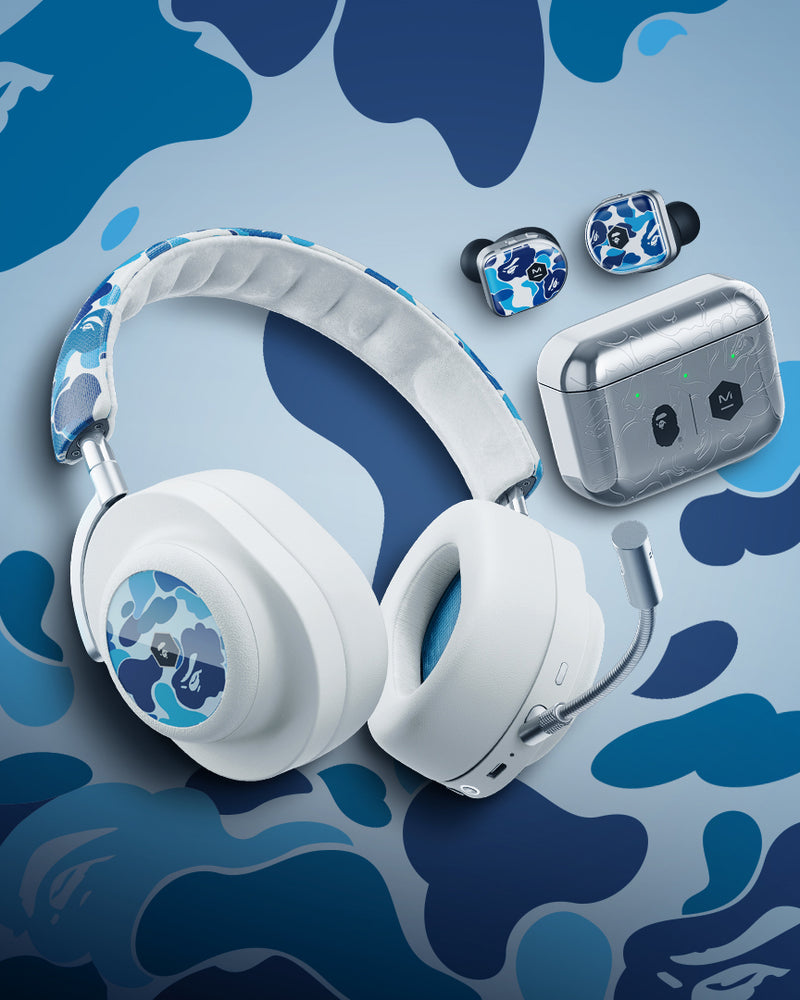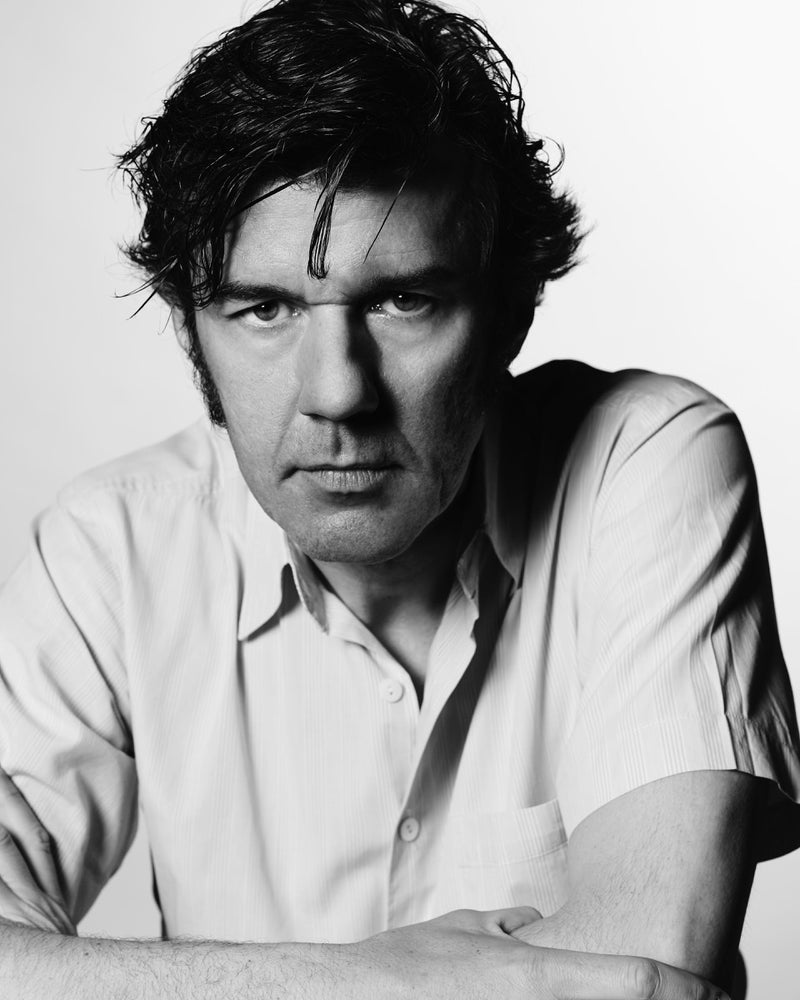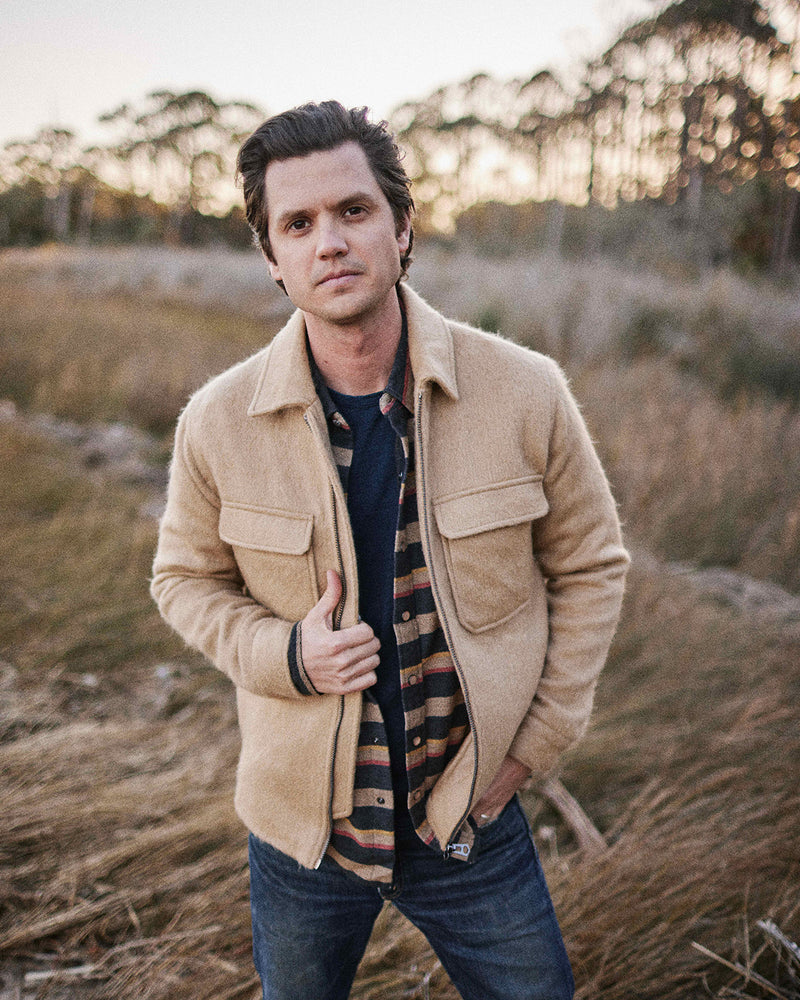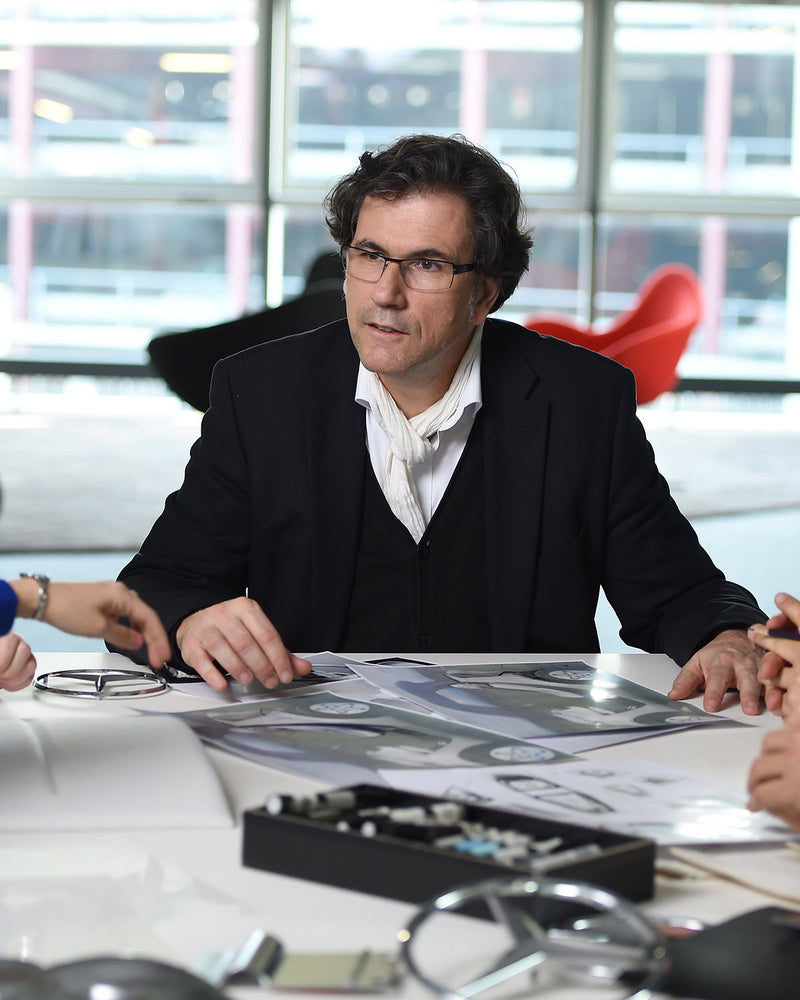Alongside creating old-school blues records, singer, songwriter and guitarist Emanuel Casablanca is a rising entrepreneur determined to keep the blues genre alive in our current cultural zeitgeist. With electrifying guitar riffs and transcendent lyrics mined from blues and Hip-Hop heavyweights, Casablanca continues to connect his listeners to the genre by touching on familiar themes of love and loss. The 10,000 spoke to Casablanca about what inspires his music, growing up in New York City, his new single Blood on My Hands, and his work to bring the first blues festival to Brooklyn.
Tell us how you got started in music. For a short period, you retired from it to play basketball—only to pick it back up in college. Do you recall a specific instance that pushed you to pursue music full time?
I can’t truly place my official start in music, as I have always been surrounded by the art-form. My mother was a musician and a music teacher who had me singing in the church choir as far back as I remember. When I was young, my siblings and I had some freedom to be involved in extracurriculars that interested us, however, growing up in my house, you had no choice but to learn to play an instrument. I did play basketball for some time at a serious level, however, I quit in college and remember being instantly drawn back to playing the piano. I went to Morehouse College and I remember going to the music building, where I would go to the piano rooms and spend hours in there, even missing classes just to re-teach myself the years I lost not playing. Everything else is history.
You’ve said you were inspired by Hip-Hop legends such as Biggie and Lil Kim, as well as Blues stars like Albert King and Buddy Guy. Are these also the inspirations for your new single, Blood on My Hands?
I have been inspired by so many musicians from so many musical genres, and I wouldn’t be the musician I am today without each and every one of them. Blood on My Hands is a direct result of my blues-rock/electric-blues influences combined with my Delta blues influences. In addition to the aforementioned musicians, I’m a huge fan of The Rolling Stones, Black Keys (everything Dan Auerbach), Jack White, Elmore James, Slim Harpo, Joe Bonamassa and many more.
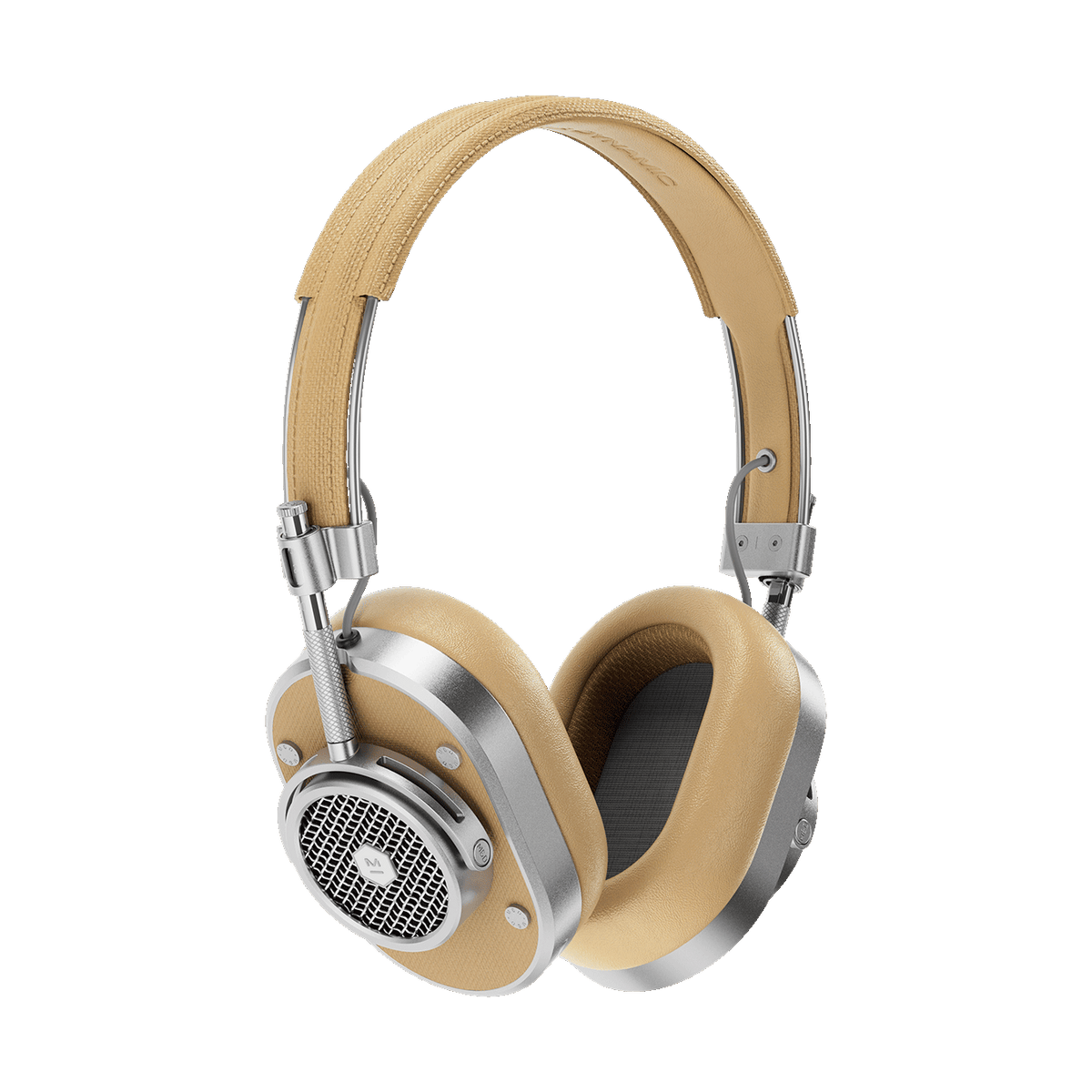
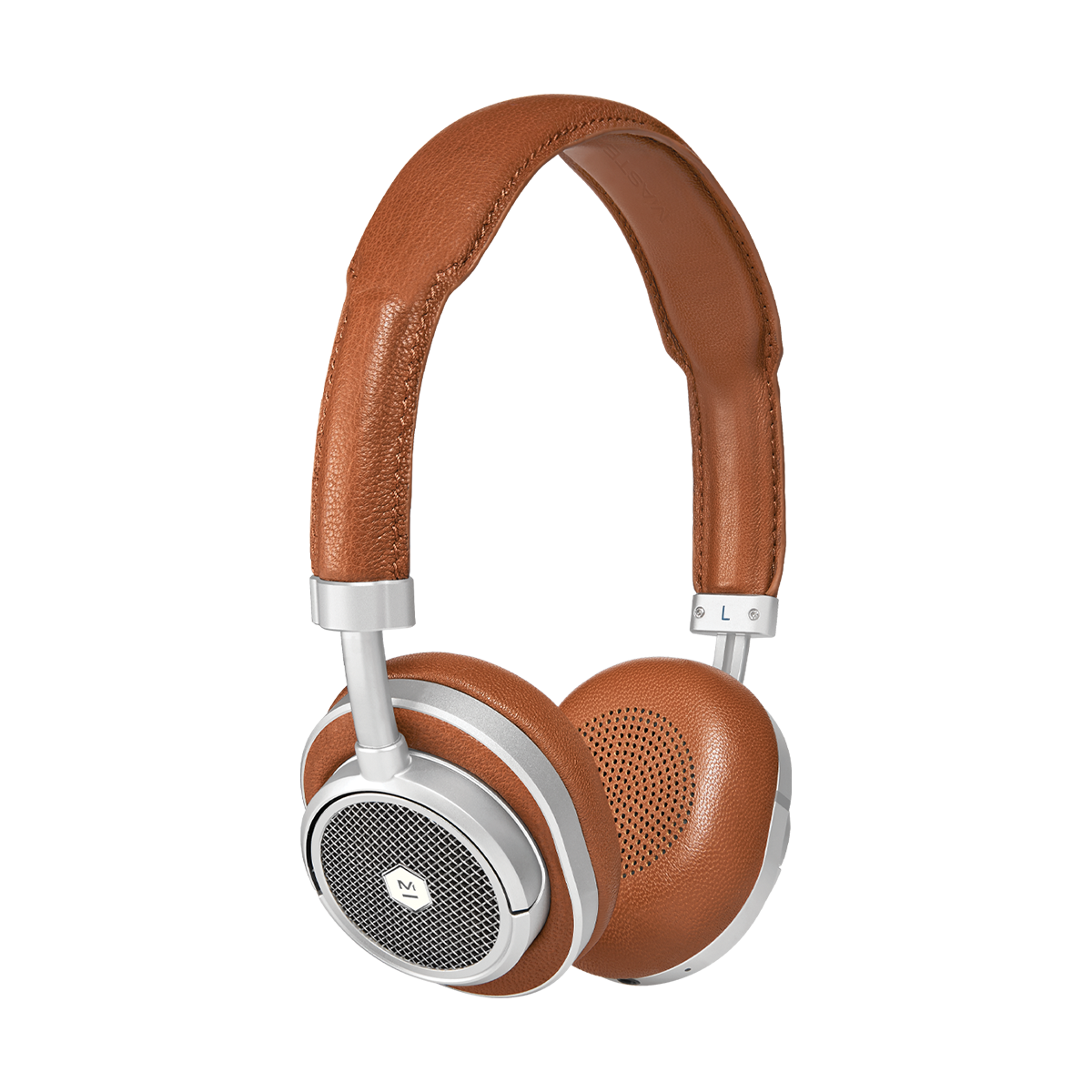
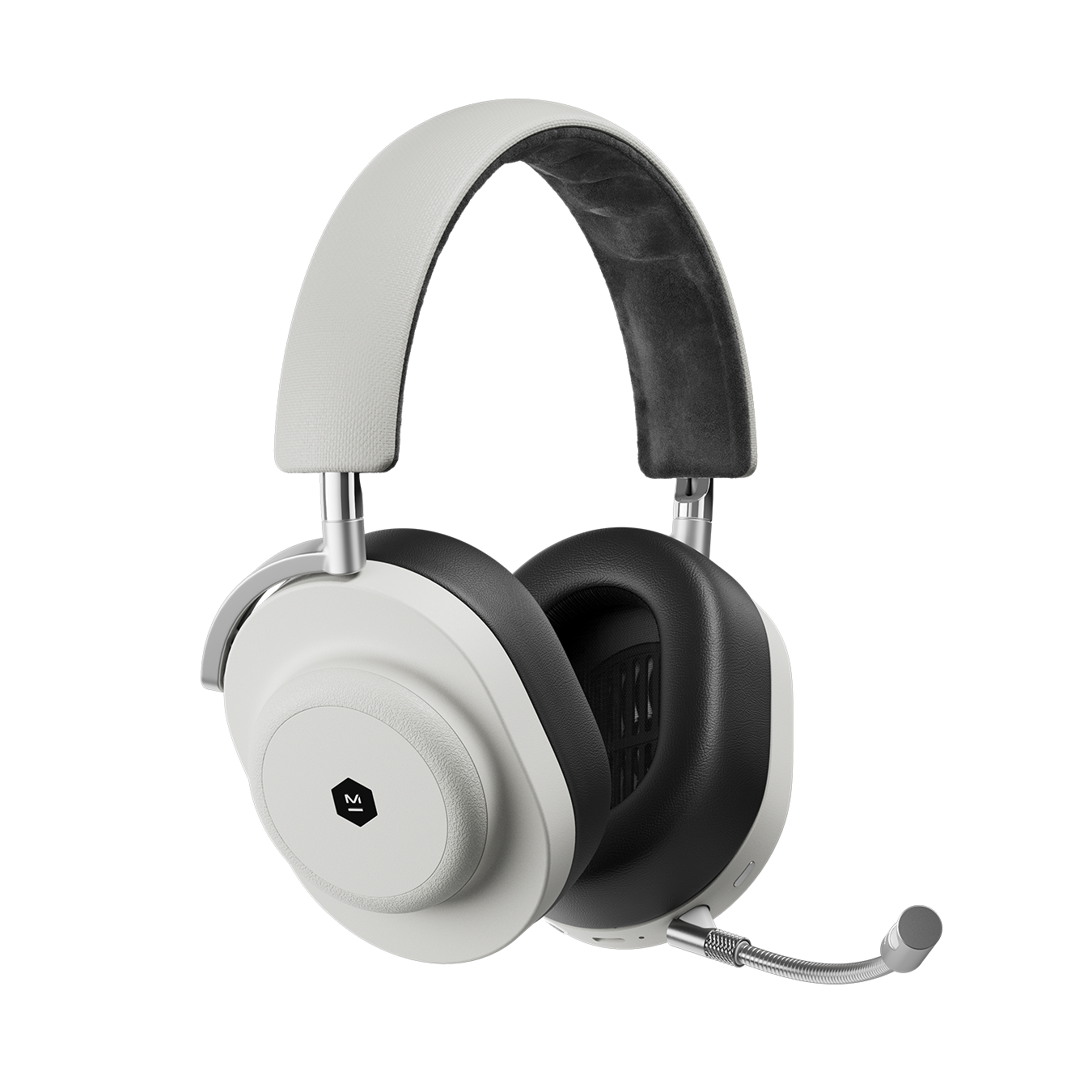

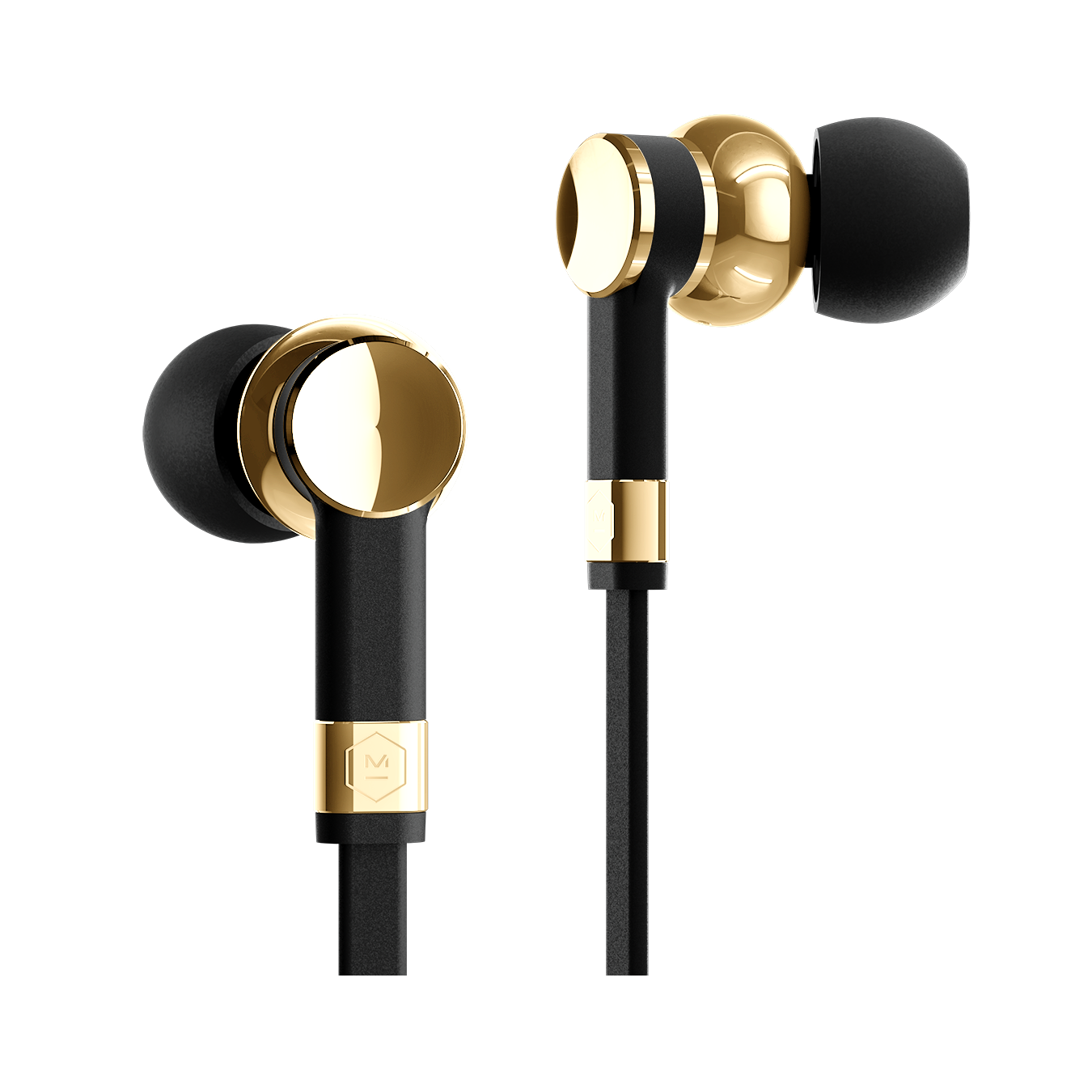
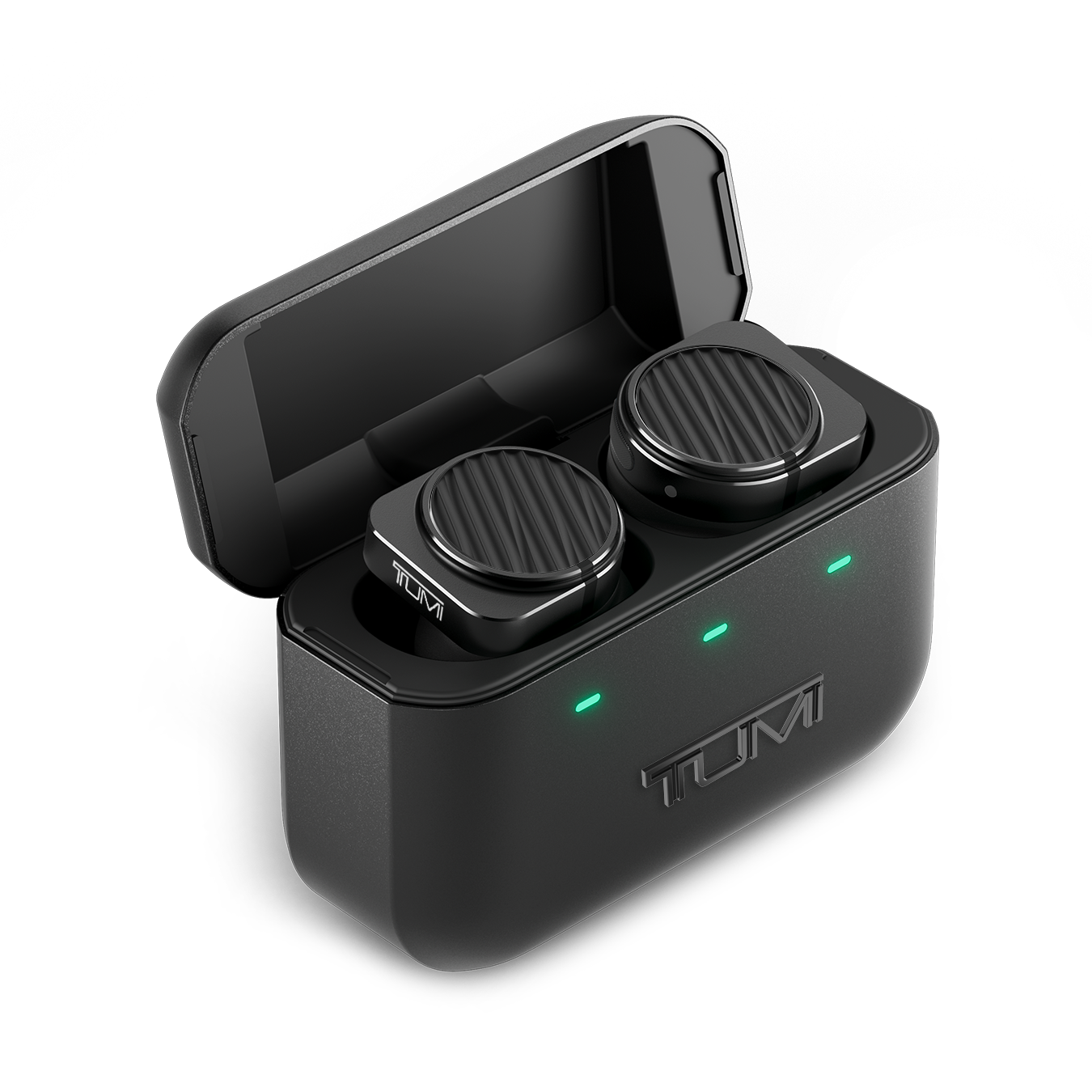
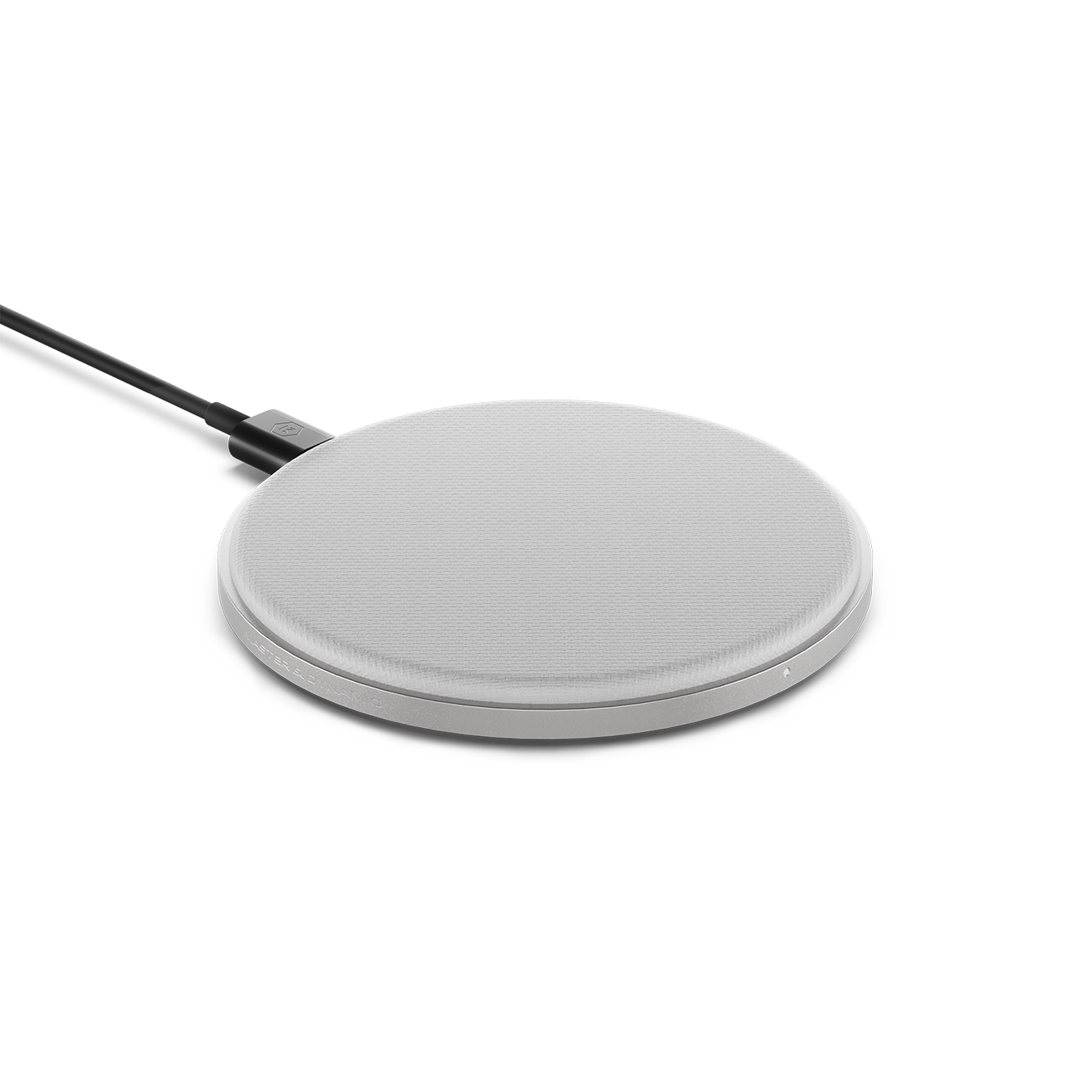
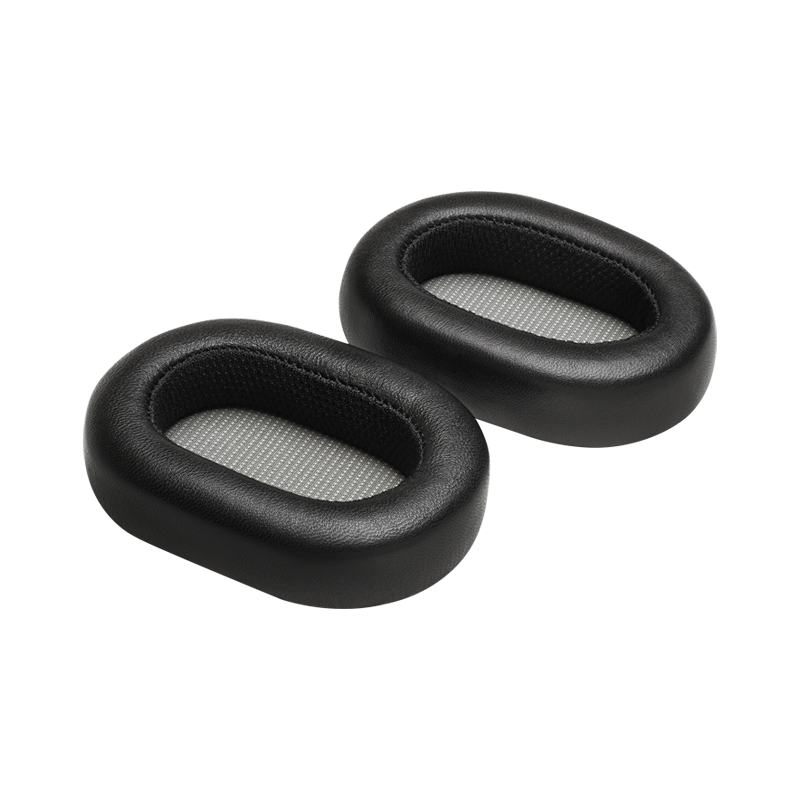
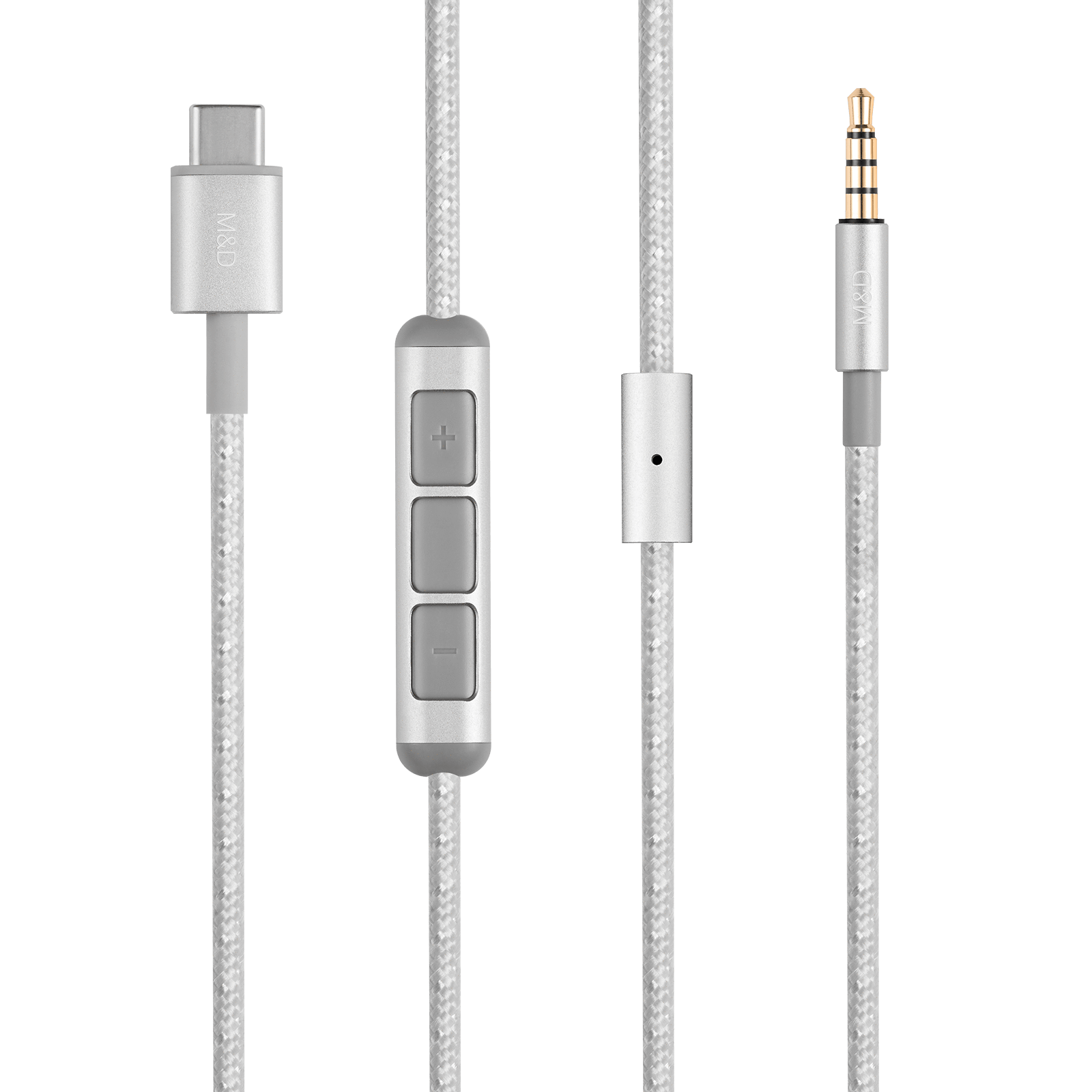
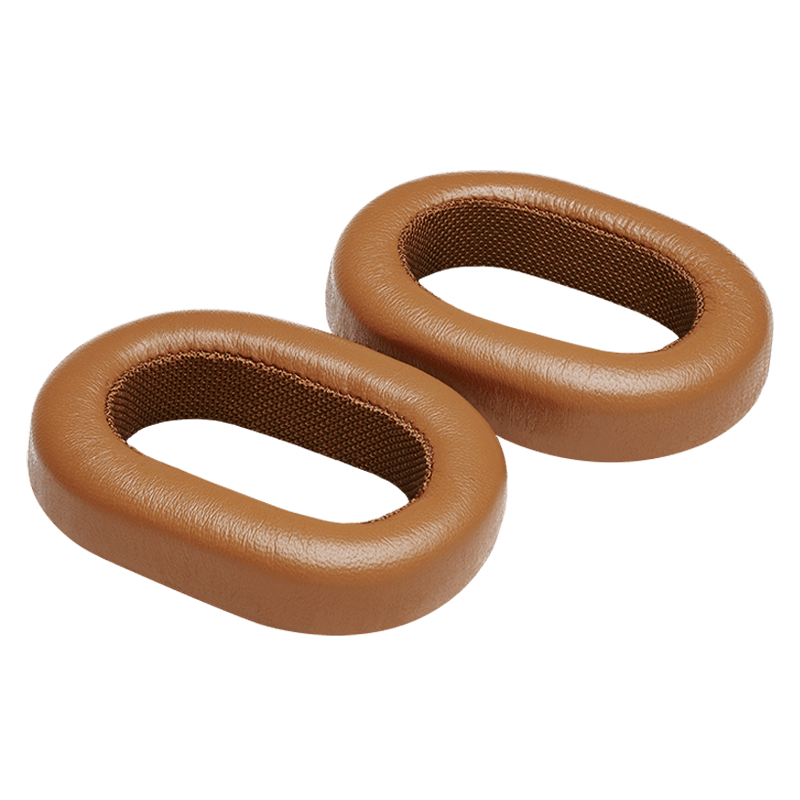


.JPG?v=0)


